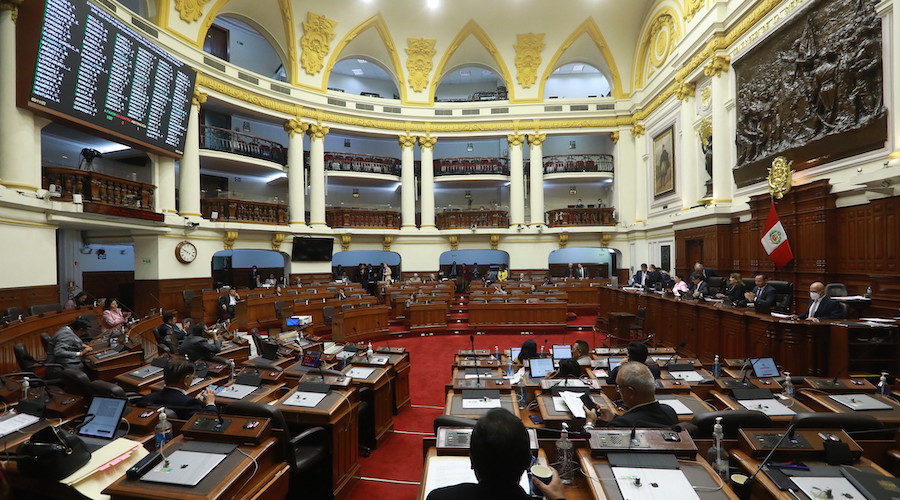In detail, the bill establishes special measures for companies undergoing asset restructuring. The measures are framed within the General Law of the Bankruptcy System.
After its approval in the plenary session, the law was returned with observations by the executive power. However, the board of spokespersons decided to exonerate it from the observations made by the Economy and Energy commissions and submit it to a new vote that concluded in its approval by insistence.
“We strongly reject the approved text, since it allows mining companies in a precarious economic situation or bankruptcy to have a legal argument that will affect the health of the population and that does not guarantee any environmental protection,” the ministry’s communiqué reads. “This will also encourage any company in this sector to modify or incorporate components without environmental approvals in its operations or mine closure plans. Furthermore, they will be able to operate without financial guarantees to ensure proper mine closure.”
The Minam also said that, together with National Environmental Certification Service for Sustainable Investments, it has declared the new law as non-viable and that it is hard to believe that the bill was forced upon Congress through insistence.
“We call on the Congress of the Republic to evaluate this approved norm that puts at risk the well-being of the population, as well as the environment and natural resources, since it does not guarantee compliance with environmental regulations that ensure that companies will properly deal with their environmental liabilities,” the statement notes.




